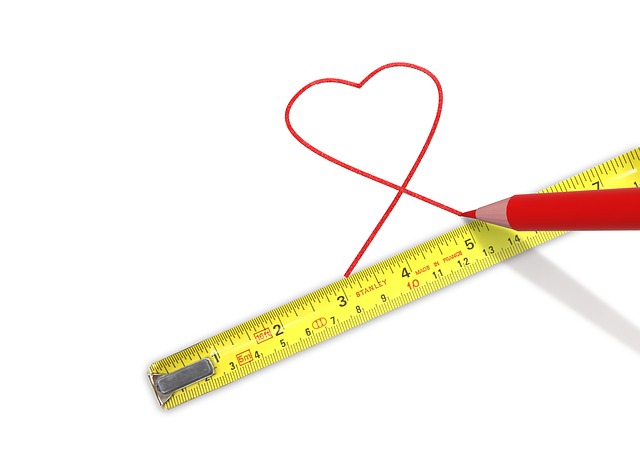
Earlier this week, I was walking with Quinn when she hurt her paw. I did everything I could to help her but couldn’t locate the source of her concern. Since she refused to put any weight on it, all I could think to do was carry her home. As we made our way back along the route, I had two different people make statements about how “spoiled” she was. From their perspective, my carrying a 65-pound dog was about her being such a princess that she couldn’t walk home on her own in the summer heat. Now, I love Quinn with every ounce of my being, but I also have no discernible upper body strength (the technical term here is “noodle arms”) so their read on the situation was wholly incorrect.
This got me thinking about how often we see a set of circumstances and draw the absolute wrong conclusion. I mean, we’ve all heard of Archimedes Law of Straight Lines (the shortest distance between two points is a straight line) but what if our perspective is crooked?
Consider the employee who others see as consistently coming in late. Is the manager really not doing anything or could it be they are following the appropriate steps and the process is simply time consuming? What if the employee has an accommodation that is taking precedent in this situation?
Or the leader who takes over a department others believe is “difficult” and in need of “house cleaning” but “isn’t moving fast enough?” Are they really hamstrung by “overwhelm” or are they taking time to observe for themselves and fix any process level issues first?
Now to be clear, there are times when if it looks like a duck, walks like a duck and quacks like a duck, it just might be a duck. But there are also times when we aren’t privy to information that would allow us to know the situation is a bit more complicated than we perceive.
So what do we do in these instances?
- Don’t jump to conclusions. Dealing with issues like personnel problems takes time. People can’t be fired “just cause,” there needs to be actual “Just Cause” (a set of legal standards) and establishing those takes time.
- Don’t gossip about your impressions or opinions of the situation. If your read on the events is wrong, this not only adds to the fray, but it can cause problems for you, as well, by causing others to see you as untrustworthy and indiscreet.
- Adopt a “wait and see” strategy. Sometimes things just have to play out, so let them.
- Mind your own business. We all have situations where others could draw the wrong conclusion. If you don’t want them to do that to you, don’t do it to anyone else.
- If you are concerned enough about what you think you are seeing, take it to the appropriate authority. Bring it to their attention and then refer back to step #4.
That brings us back to the incident where we started…
In all honesty, I was a bit disappointed that anyone assumed anything nefarious about my carrying Quinn. If you think it through, their assumptions implied that I was either a bad doggie mom or she was a bad kid, neither of which is particularly flattering to either of us.
As I think about the two people who made the comments about her being “spoiled” I can either think of them harshly or with kindness – maybe they were attempting to be funny, or they didn’t recognize what was essentially just a mother’s love. I don’t have to let their comments be a pain in my paw, but they can remind me that proper perspective makes lines between all points significantly clearer.